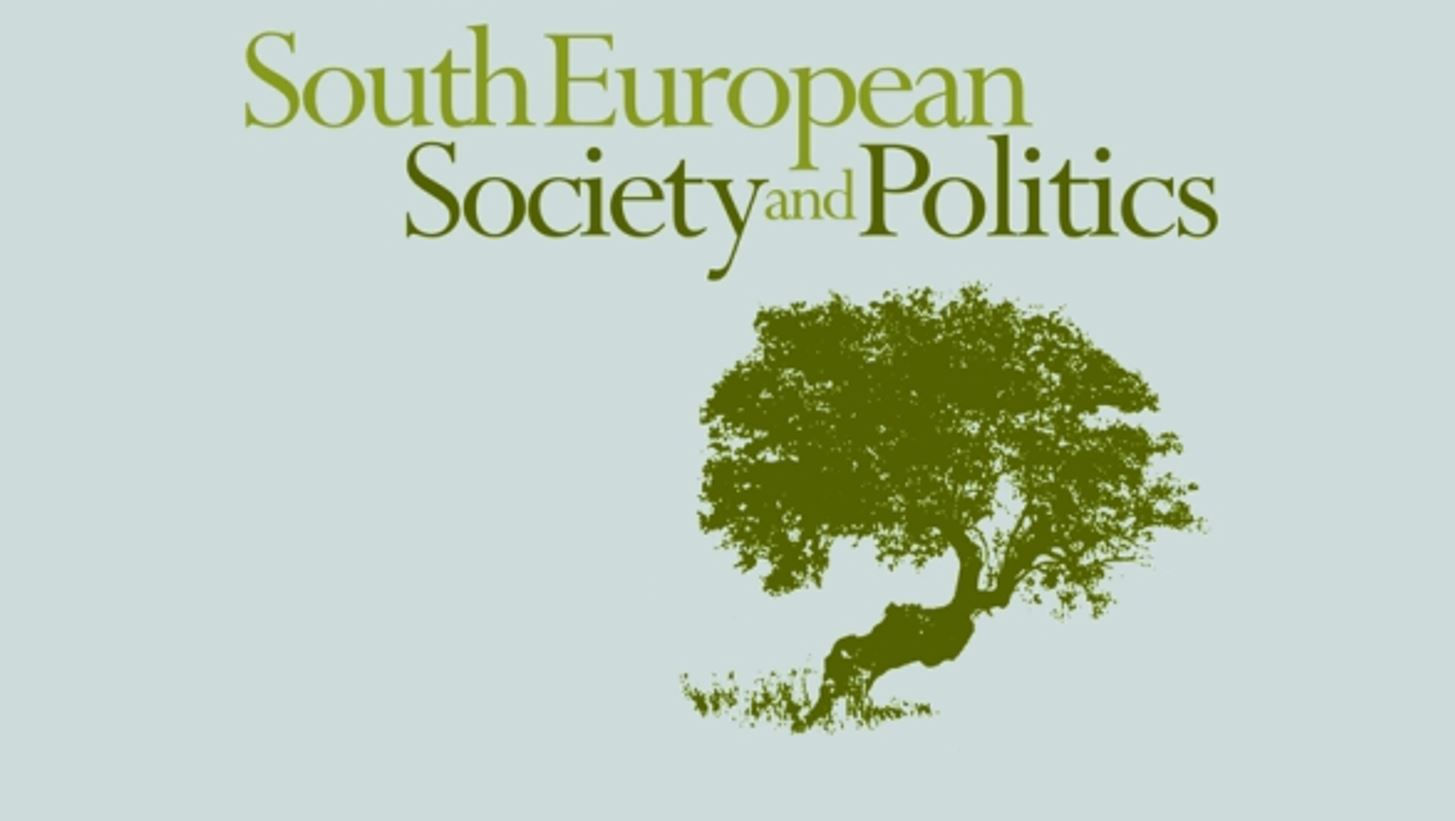To cite the article:
Davide Angelucci & Davide Vittori (2022) Are All Populist Voters the Same? Institutional Distrust and the Five Star Movement in Italy, South European Society and Politics, DOI: 10.1080/13608746.2022.2028503
Abstract
Are all populist voters the same? We focus on a valence populist party case (Five Star Movement) to answer this question. We inquire whether faithful populist voters, new populist voters, populist defectors and non-populist voters all have the same level of institutional trust. Our focus is on the Italian political system, regarded as a promised land for populism. This paradigmatic case sheds light on whether the entrance of a populist party into the system works as a corrective to democracy, as populist voters find their voice represented in parliament, potentially increasing their trust in the institutions. Our main finding is that faithful populist voters are the most distrustful category – meaning that having parliamentary representatives is not enough for populist voters to gain trust in institutions.
